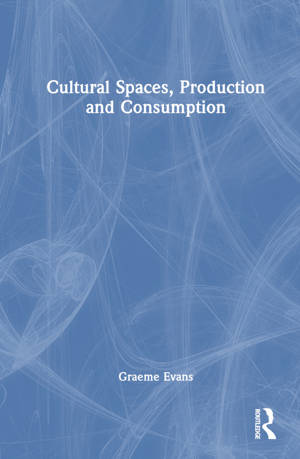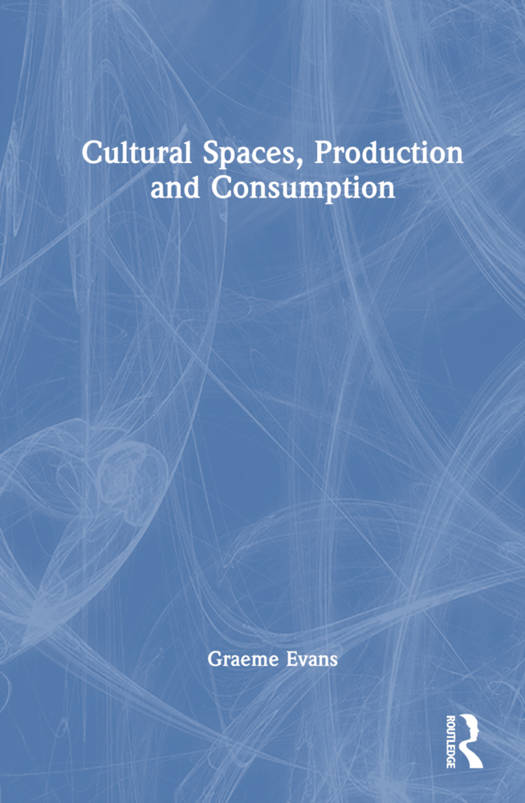
- Retrait gratuit dans votre magasin Club
- 7.000.000 titres dans notre catalogue
- Payer en toute sécurité
- Toujours un magasin près de chez vous
- Retrait gratuit dans votre magasin Club
- 7.000.000 titres dans notre catalogue
- Payer en toute sécurité
- Toujours un magasin près de chez vous
Description
This book explores the concept of cultural spaces, their production and how they are experienced by different users. It explores this concept and practice from formal and informal arts and heritage sites, festivals and cultural quarters - to the production of digital, fashion and street art, and social engagement through cultural mapping and site-based artist collaborations with local communities.
It offers a unique take on the relationship between cultural production and consumption through an eclectic range of cultural space types, featuring examples and case studies across cultural venues, events and festivals, and cultural heritage - and their usage. Cultural production is also considered in terms of the transformation of cultural and digital-creative quarters and their convergence as visitor destinations in city fringe areas, to fashion spaces, manifested through museumification and fashion districts. The approach taken is highly empirical supported by a wide range of visual illustrations and data, underpinned by key concepts, notably the social production of space, cultural rights and everyday culture, which are both tested and validated through the original research presented throughout.
The book will appeal to students and researchers in human geography, arts and museum management, cultural policy, cultural studies, architecture and town planning. It will also be useful for policymakers and practitioners from local and city government, government cultural agencies and departments, architects and town planners, cultural venues, arts centres, museums, heritage sites, and artistic directors/programmers.
Spécifications
Parties prenantes
- Auteur(s) :
- Editeur:
Contenu
- Nombre de pages :
- 240
- Langue:
- Anglais
Caractéristiques
- EAN:
- 9781032106823
- Date de parution :
- 02-02-24
- Format:
- Livre relié
- Format numérique:
- Genaaid
- Dimensions :
- 156 mm x 234 mm
- Poids :
- 530 g







